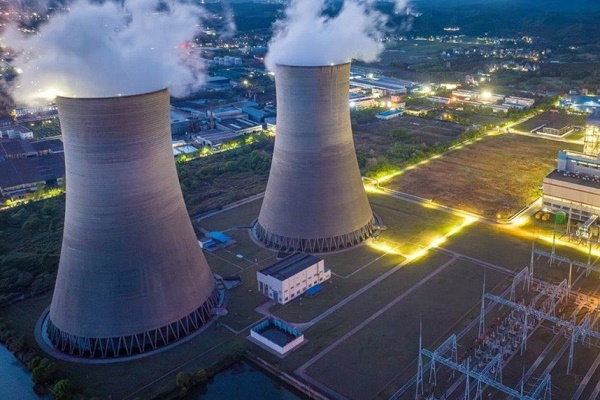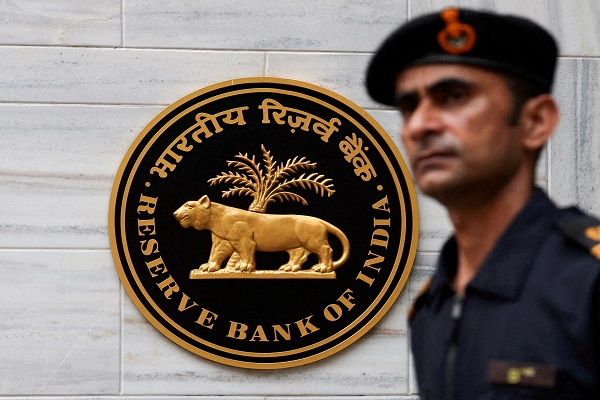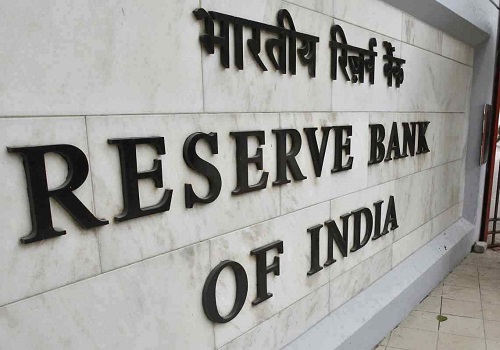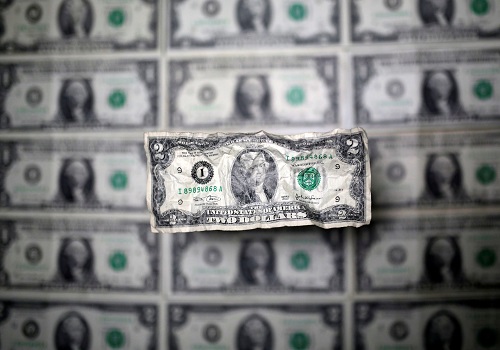Quote on Wheat Export ban By Mr Dhananjay Sinha, JM Financial Institutional Securities Ltd
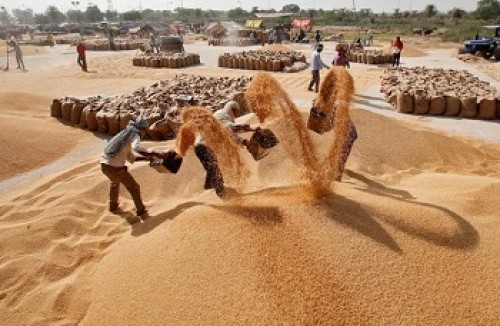
Below is quote on Wheat Export ban by Mr Dhananjay Sinha, Managing Director & Chief – Strategist, JM Financial Institutional Securities Limited
The decision to ban wheat exports just two days after announcing an ambitious target stems from fears of a worsening inflationary situation in India. Due to the spillover effect of the global surge in wheat prices triggered by the Russia-Ukraine war, this year there is a positive spread between market prices and govt MSP for wheat, and the event has prompted significant hoardings of wheat by farmers and private traders, resulting in 58% lower arrivals for government procurement, lowest in 15 years. These speculators are anticipating even better price realisation.
However, things can quickly turn quite the opposite. The stoppage of exports option can likely trigger unwinding of speculative stocking in the local markets, thereby suddenly depressing prices.
What does this mean? The recent expected traction in farm sector cash flow in states of North India (where major government procurement takes place) due to higher realised prices of wheat, will take a beating, thereby tempering the speculative surge in farm income.
The sudden reversal of actions like banning wheat exports after claiming to feed the world, hiking policy rates by RBI soon after sounding dovish, and getting uncomfortable about the depletion of FX reserve after reassuring that it was a major buffer against the US Fed's monetary tightening, reflects constraining policy backdrop for India.
It also emanates from the bother that rising interest rates and Gsec yields in response to high inflation can upset fiscal calculations. The union govt has targetted only a 4.6% growth in its budget spending for FY23 and has not provided for higher cost inflation, specially with respect to global crude prices.
The question is whether a higher interest burden on large government debt and fears of even larger market borrowings than the budgeted Rs 11.5tn will restrain fiscal spending?
A combination of monetary tightening and fiscal drag along with global demand weakening could scale down RBI's FY23 GDP growth projection much below 7% from the current 7.2%. We think the structural growth for India, which excludes the pandemic triggered volatility, is closer to 4% within the 4 to 5% range.
Above views are of the author and not of the website kindly read disclaimer









